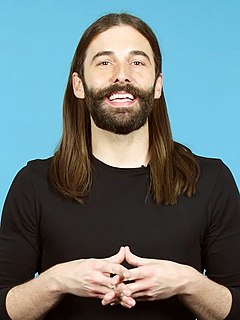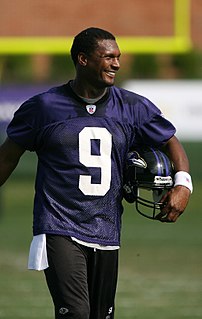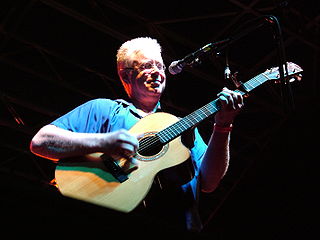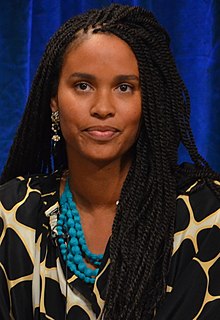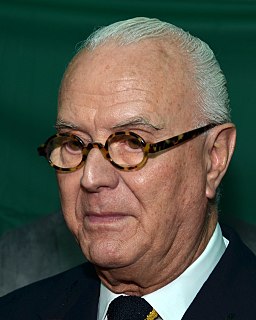A Quote by Jonathan Van Ness
People who fundamentally disagree with you politically or socially are not bad people. I can't expect that other side to have compassion for me if I can't put myself in their shoes, too.
Quote Topics
Related Quotes
I believe it is in the national interest that government stand side-by-side with people of faith who work to change lives for the better. I understand in the past, some in government have said government cannot stand side-by-side with people of faith. Let me put it more bluntly, government can't spend money on religious programs simply because there's a rabbi on the board, cross on the wall, or a crescent on the door. I viewed this as not only bad social policy - because policy by-passed the great works of compassion and healing that take place - I viewed it as discrimination.
There's so many ways in which Canada and America are inextricably connected politically, economically, socially. There's no stepping away. But at the same time, we don't have a say. Canada is a different country. Sometimes I think of it as Finland in the Soviet era. We're totally free, but we're totally free to agree, basically. If we disagree too heartily or over too sensitive an issue, then we pay a price for that.
Trying to avert foreclosures, once you can't just force the banks to do it as a condition of getting aid, means that you have to put some public money into it or you have to do other things that are politically unpopular. From the macroeconomic standpoint there is overwhelming need to help people reduce what they owe so that we don't get the foreclosures and we don't get people kicked out of their homes. On the other hand, there is great resistance politically to helping people, not all of whom would be worth recipients of the help.
I like the new shoe designers. Not all of them - there are really bad ones too. But I go to the colleges with these kids for lectures, as an honorary professor or whatever, and this Chinese girl I like very much who I give the award to says to me, "You don't know how much you inspired me to do shoes." And I'm glad that I convey that kind of desire to people when they see my bloody shoes.
I don’t think it should be socially acceptable for people to say they are “bad with names.” No one is bad with names. That is not a real thing. Not knowing people’s names isn’t a neurological condition; it’s a choice. You choose not to make learning people’s names a priority. It’s like saying, “Hey, a disclaimer about me: I’m rude.
